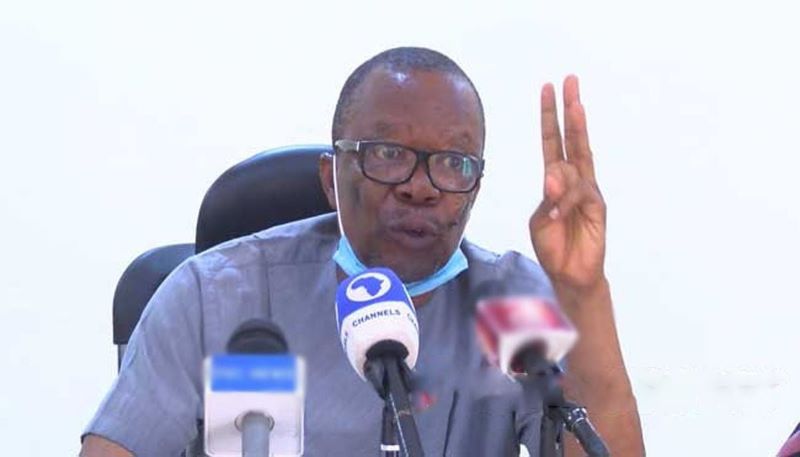THE Academic Staff Union of Universities (ASUU) has said the poor working conditions among public varsities’ lecturers fuel the reluctance of qualified young academics to take up jobs in the university system.
The chairman of the University of Ibadan (UI) chapter of the union, Prof. Ayo Akinwole, said this in his New Year message.
The union leader said the situation also affected primary and secondary schools where “the teachers are not well-paid, leading to the reluctance of qualified teachers to take up employment in public primary and secondary schools, paving the way for the untrained and unqualified teachers hold sway”.
He added: “The result of this has been the proliferation of private schools, most of which are out of the reach of the poor due to the exorbitant fees they charge.”
Akinwole noted that the university system witnessed stagnation in 2024, saying it would have been thrown into another industrial crisis, if the lecturers had not made significant sacrifices to save the day.
The ASUU leader said Nigeria’s education would likely remain the same because it was allocated about seven per cent (N3.52 trillion) in tis year’s budget (N47.90 trillion).
According to him, this “falls far below the benchmark of 15 per cent to 20 per cent educational budget for underdeveloped countries, like Nigeria, specified by both UNESCO and United Nations Fund for Population Activities (UNFPA), which has been advocated by our union”.
Praising the Federal Government for setting up a committee to renegotiate the 2009 FGN/ASUU agreement, Akinwole warned against delayed tactics, like the previous administrations demonstrated.
He said: “To be sure, since 2017, various committees had been put in place by the government to renegotiate the agreement with ASUU.
“For instance, the Babalakin-led Joint Renegotiation Committee was set up, followed by Emeritus Professor Munzali Jubril-led Committee, and followed by the late Prof. Nimi Briggs-led Committee, which yielded a draft agreement between the committee and ASUU in 2021.
“Unfortunately, the (Muhammadu) Buhari administration refused to sign the agreement reached upon by a committee set up by it. It is, therefore, our opinion that instead of a fresh renegotiation of the agreement, the Tinubu-led administration should rather set in motion a process that will lead to the review and signing of the Nimi Briggs-led renegotiated draft agreement as a mark of goodwill and assured hope for Nigeria’s public universities.”







